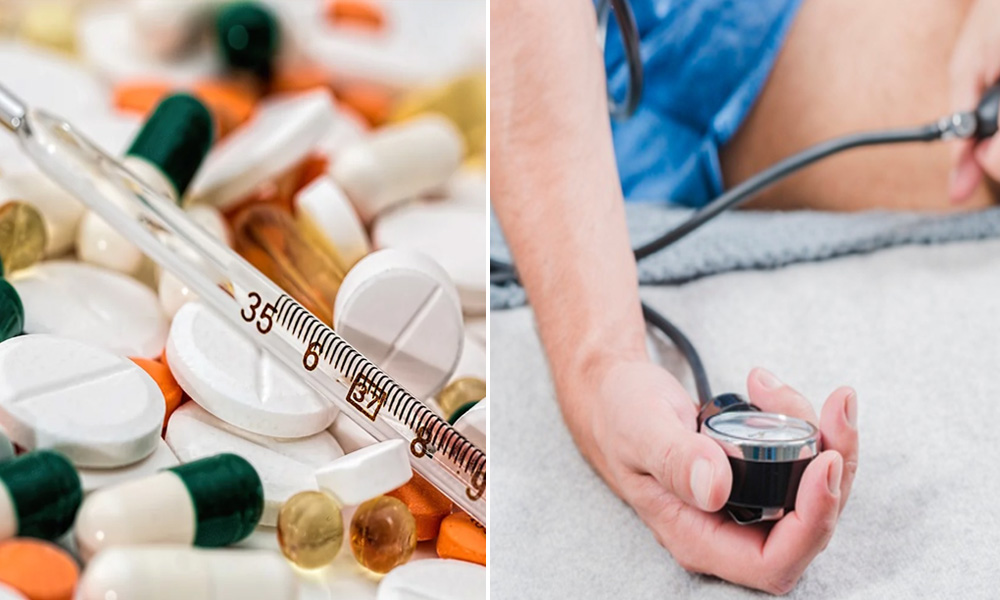
Image credit: Pixabay
Self-Medicating To Ward Off Or Treat COVID-19 Is A Big No!
India, 26 March 2020 11:57 AM GMT | Updated 26 March 2020 2:10 PM GMT
Editor : Prateek Gautam
A free soul who believes that journalism, apart from politics, should stand for social cause and the environment.
Self-medication would be safe, if the people who are using it, have sufficient knowledge about its dose, time of intake, side effect on over dose, but due to lack of information, it can cause serious effects such as antibiotic resistance, skin problem, hypersensitivity and allergy.
Self-medicating is basically a process of trial and error. Typically, someone feels bad, takes a drink or a pill, stops feeling bad, and wants to take that drink or pill again when the bad feeling returns.
Although people who self-medicate are often aware that something is wrong, they typically don't know exactly what it is.
The Indian Context
The concept of self-medication is prevalent in most parts of India.
Age-old wisdom carries over from generation to generation, mostly involving common drugs for fever, headache, and spasmodic abdominal pains.
Patients engage in self-medication for minor symptoms to save time and money, especially in hard to reach areas, which are severely lacking in the adequate human health workforce.
COVID-19 Pandemic Vs Self Medication
You should NOT be self-medicating to ward off or treat COVID-19.
At a news conference Dr Fauci, who has served as director of the National Institute of Allergy and Infectious Diseases since 1984, was asked a question referring to a coronavirus news conference the previous day where President Trump had spoken positively about chloroquine.
When asked on the evidence to suggest that hydroxychloroquine might be used as a prophylaxis against COVID-19 Dr Fauci said that the evidence is only anecdotal. The study was not done in a controlled, clinical trial. Therefore a definitive statement cannot be made about this particular evidence.
Reportedly an Arizona man died after ingesting chloroquine phosphate believing it would protect him from coronavirus. The man's wife, who also ingested the substance is under critical care, reported NBC news.
WHO On Self Medication
While some western, traditional or home remedies may provide comfort and alleviate symptoms of COVID-19, there is no evidence that current medicine can prevent or cure the disease. WHO does not recommend self-medication with any medicines, including antibiotics, as a prevention or cure for COVID-19. However, there are several ongoing clinical trials that include both western and traditional medicines.
Antibiotics do not work against viruses, they only work on bacterial infections. COVID-19 is caused by a virus, so antibiotics do not work. Antibiotics should not be used as a means of prevention or treatment of COVID-19. They should only be used as directed by a physician to treat a bacterial infection.
It would be safe, if the people who are using it, have sufficient knowledge about its dose, time of intake, side effect on overdose, but due to lack of information, it can cause serious effects such as antibiotic resistance, skin problem, hypersensitivity and allergy.
Also Read: Lockdown Not Enough, WHO Cautions 'Find, Isolate, Test, Treat' To Combat Spread Of COVID-19
 All section
All section













